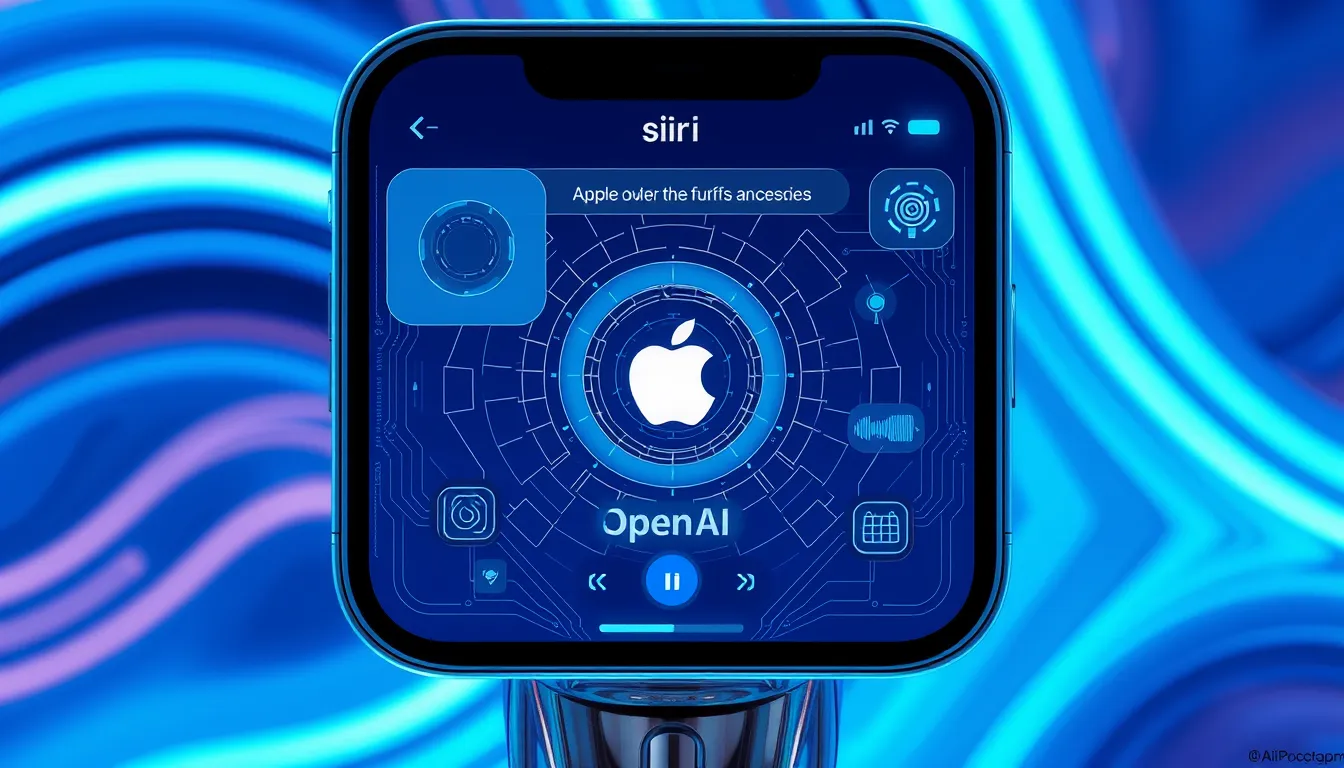Now Reading: Powerful AI in Healthcare Diagnostics: Boosting Patient Care
-
01
Powerful AI in Healthcare Diagnostics: Boosting Patient Care
Powerful AI in Healthcare Diagnostics: Boosting Patient Care

Powerful AI in Healthcare Diagnostics: Boosting Patient Care
Introduction:
The integration of artificial intelligence in healthcare diagnostics is transforming the landscape of modern medicine. With innovations in AI in healthcare diagnostics, medical professionals can now achieve unprecedented levels of accuracy, efficiency, and personalized patient care. This technology not only improves diagnostic outcomes but also paves the way for more predictive healthcare practices.
Understanding AI in Healthcare Diagnostics
Artificial intelligence in healthcare diagnostics involves using complex algorithms and machine learning models to analyze medical data. This technology aids in the detection, diagnosis, and treatment planning for various diseases. Key areas where AI is making a significant impact include:
- Medical imaging analysis with technologies like MRI, CT scans, and X-rays
- Early detection of disease patterns through predictive analytics
- Automation of routine diagnostics tasks to free up time for specialists
By reducing the margin for human error and providing deeper insights into patient data, AI empowers healthcare providers to deliver more accurate care. Experts believe that embracing AI in healthcare diagnostics will lead to earlier and more reliable detection of critical conditions.
How AI Improves Diagnostic Accuracy
One of the primary benefits of AI in healthcare diagnostics is its ability to enhance diagnostic precision. Here are several ways AI contributes to improved accuracy:
- Data-Driven Insights: AI algorithms analyze vast amounts of patient data, identifying subtle patterns that may be missed by human eyes.
- Enhanced Imaging Analysis: Advanced tools in AI medical imaging assist radiologists by highlighting areas of concern in scans, ensuring no detail is overlooked.
- Consistency in Diagnosis: Unlike traditional methods, AI maintains consistent performance, reducing variability in diagnostic results and minimizing errors.
For example, research conducted by leading institutions has shown that when AI in healthcare diagnostics is applied, diagnostic accuracy can improve by up to 20%. This improvement is crucial, especially in areas such as cancer detection, where early and accurate diagnosis can significantly influence treatment outcomes.
Overcoming Challenges of AI in Healthcare
Despite its promising benefits, the implementation of AI in healthcare diagnostics comes with its own set of challenges. These include:
- Privacy Concerns: Safeguarding patient data is critical. Healthcare providers must ensure that sensitive information is protected against breaches.
- Integration with Legacy Systems: Many medical facilities rely on outdated technology. Integrating advanced AI systems with these legacy systems can be technically challenging.
- Regulatory and Ethical Issues: The rapid development of AI technologies requires updated regulatory frameworks to ensure that ethical standards are maintained.
Addressing these challenges involves collaboration between technology experts, healthcare professionals, and policymakers. By working together, the industry can create solutions that safeguard patient privacy and ensure ethical utilization of AI.
The Future of AI in Healthcare Diagnostics
The future of AI in healthcare diagnostics is promising. With continuous advancements in machine learning and data analytics, the next decade is expected to bring even more innovative solutions that improve patient outcomes. Some emerging trends include:
- The rise of personalized medicine, where treatment plans are tailored to an individual’s genetic profile
- Increased use of AI for disease prediction, enabling healthcare providers to intervene before conditions become critical
- The development of more intuitive diagnostic tools that integrate seamlessly with existing medical workflows
For further insights into how AI is shaping the future of healthcare, you can explore additional resources on reputable websites such as the official pages of OpenAI and Google Health.
Conclusion
In conclusion, AI in healthcare diagnostics is revolutionizing the way medical professionals approach patient care. With improved diagnostic accuracy, efficient medical imaging analysis, and predictive capabilities, AI is set to become an indispensable tool in modern healthcare. While challenges such as privacy and integration remain, ongoing advancements and collaborative efforts promise to overcome these hurdles. Embracing AI technology not only enhances patient outcomes but also prepares the healthcare industry for a future where technological innovation drives medical excellence.
As healthcare systems continue to evolve, the adoption of AI in healthcare diagnostics will play a pivotal role in fostering a safer and more effective medical environment for all patients. The journey towards fully integrated AI-driven diagnostics is just beginning, and its potential benefits will undoubtedly reshape the future of healthcare.

























